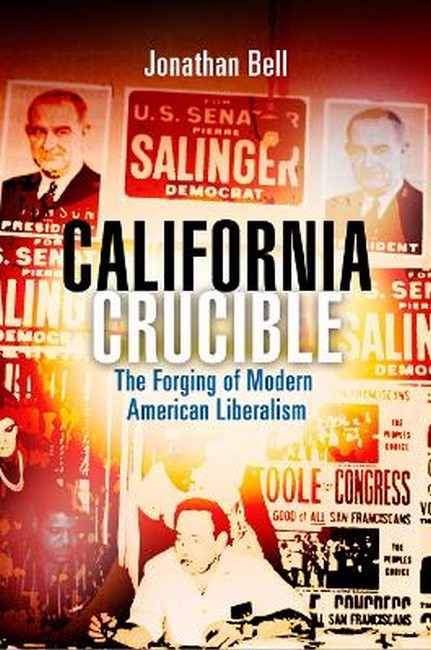Jonathan Bell is Senior Lecturer and Chair of the History Department at the University of Reading.
Request Academic Copy
Please copy the ISBN for submitting review copy form
Description
Introduction: Placing California in Post-World War II American Politics Chapter 1. Politics and Party in California at Mid-Century Chapter 2. Building the Democratic Party in the 1940s Chapter 3. The Stevenson Effect Chapter 4. A Democratic Order Chapter 5. Turning Point: California Politics in the 1950s Chapter 6. The Liberal Moment Chapter 7. Democratic Politics and the Brown Administration Chapter 8. Welfare Reform and the Idea of the Family Chapter 9. Culture Wars, Politics, and Power Chapter 10. The Legacy of the Democratic Party Renaissance Epilogue: Liberal Politics in California in an "Era of Limits" Notes Index Acknowledgments
"Jonathan Bell's California Crucible is the rare book that makes one wonder why no one has written it before. Focusing on the nexus of grassroots activists, political ideology, and party politics, this is exactly the kind of work that historians of American politics should be doing. Bell gets the story beyond Washington and into the rest of America, and he charts the organic growth of today's so-called identity politics out of Great Society liberalism, refuting hackneyed notions of their discontinuity. If a new history of twentieth-century American liberalism is on the way, then we will look back on California Crucible as one of its signal texts." (Doug Rossinow, author of The Politics of Authenticity: Liberalism, Christianity, and the New Left in America) "Deeply researched and forcefully argued, California Crucible reveals how a grassroots Democratic political project in California began to emerge in the 1940s and came to control party politics by the mid-1970s. Bell's Democrats are a distinctively post-New Deal phenomenon, and by showing their resilience and influence, the so-called rise of the Right, in Bell's rendering, is hardly the undisputed vanquishing of the Left that historians of American conservatism claim it to be." (Mark Brilliant, University of California, Berkeley)

